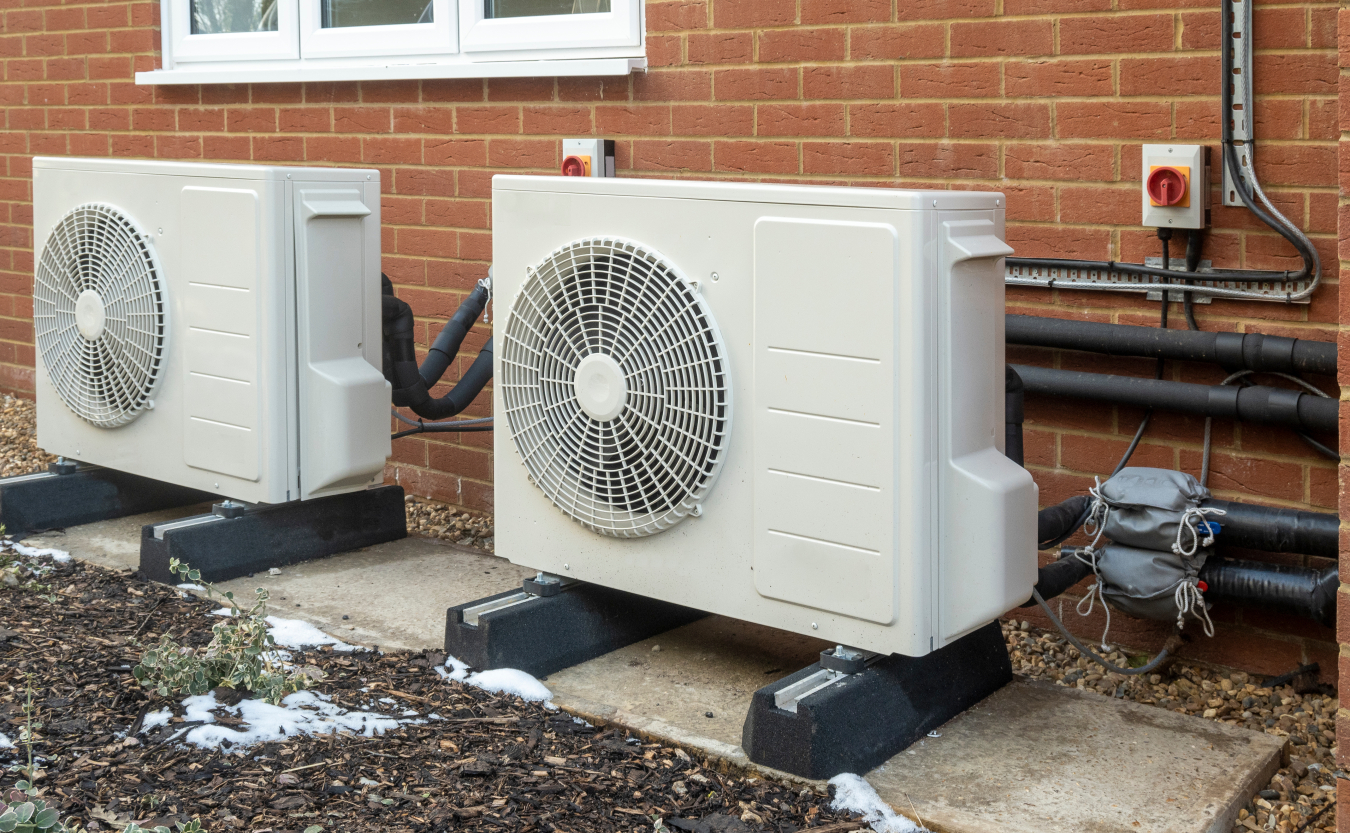Energy Efficiency: Air Heat Pumps vs. Traditional Heating Systems
As energy costs rise and environmental concerns grow, many homeowners are searching for ways to heat their homes more efficiently. One of the most effective means of achieving this is through the use of air heat pumps. But how do Air heat pump (Luftvärmepump) stack up against traditional heating systems such as furnaces and boilers? This article delves into the differences between these heating methods, discussing their energy efficiency, operational costs, and environmental impact to help you make an informed decision.
Understanding Air Heat Pumps
Air heat pumps are a type of renewable energy technology that extracts heat from the outside air and transfers it indoors. They function similarly to refrigerators but in reverse, using a refrigerant to absorb heat from the air and then releasing it inside the home. There are two main types of air heat pumps: air-to-air and air-to-water. Air-to-air heat pumps distribute warm air via fans, while air-to-water heat pumps provide heated water for radiators or underfloor heating systems.
Advantages of Air Heat Pumps
- Energy Efficiency: One of the primary benefits of air heat pumps is their high energy efficiency. They can achieve efficiencies of 300-400%, meaning they can produce three to four units of heat for every unit of electricity consumed. This is significantly higher than traditional heating systems, which generally max out at around 95% efficiency.
- Lower Operational Costs: Due
to their high efficiency, air heat pumps can considerably reduce your
heating bills. Although the initial installation cost may be higher
compared to traditional systems, the long-term savings can offset this
initial outlay.
- Environmental Impact: Air heat pumps are more environmentally friendly than traditional heating systems. Because they use renewable energy sources, they produce fewer greenhouse gas emissions. Additionally, many air heat pumps are designed to use low-global-warming-potential refrigerants, further minimizing their environmental footprint.
Traditional Heating Systems
Traditional heating systems, such as furnaces and boilers, generally rely on burning fossil fuels like natural gas, oil, or coal to generate heat. These systems have been in use for decades and are well-understood, but they come with their own set of drawbacks.

Disadvantages of Traditional Heating Systems
- Lower Energy Efficiency: Traditional heating systems typically have lower efficiency ratings compared to air heat pumps. The most efficient gas furnaces might achieve efficiency ratings of up to 95%, but older models often operate at much lower efficiencies.
- Higher Operational Costs: As fossil fuel prices continue to rise, the cost of operating traditional heating systems also increases. This can result in higher monthly heating bills, especially during the colder months.
- Environmental Impact: Burning fossil fuels releases significant amounts of carbon dioxide and other greenhouse gases into the atmosphere. This contributes to climate change and air pollution. Additionally, traditional heating systems can also have issues with fuel leaks and incomplete combustion, which can pose health risks and further environmental damage.
Comparative Analysis
Initial Costs
While the upfront cost of installing an air heat pump can be higher than that of a traditional heating system, government incentives and rebates can help offset this expense. In many regions, financial incentives are available for homeowners who opt for renewable energy technologies like air heat pumps.
Lifespan and Maintenance
Air heat pumps generally have a longer lifespan than traditional heating systems, often lasting 15-20 years compared to 10-15 years for furnaces and boilers. They also require less maintenance, as they have fewer moving parts and do not involve combustion processes that can lead to soot and scale build-up.
Versatility
Air heat pumps can provide both heating and cooling, making them a versatile option for year-round climate control. In contrast, traditional heating systems are typically designed solely for heating purposes, necessitating separate air conditioning systems for cooling.
Conclusion
When it comes to energy efficiency, operational costs, and environmental impact, air heat pumps offer several advantages over traditional heating systems. While the initial investment may be higher, the long-term savings and reduced environmental footprint make air heat pumps an attractive option for homeowners seeking a more sustainable way to heat their homes. As we move towards a more eco-conscious future, integrating renewable energy technologies like air heat pumps could be a significant step in reducing our carbon footprint and achieving greater energy independence.
Comments
Post a Comment